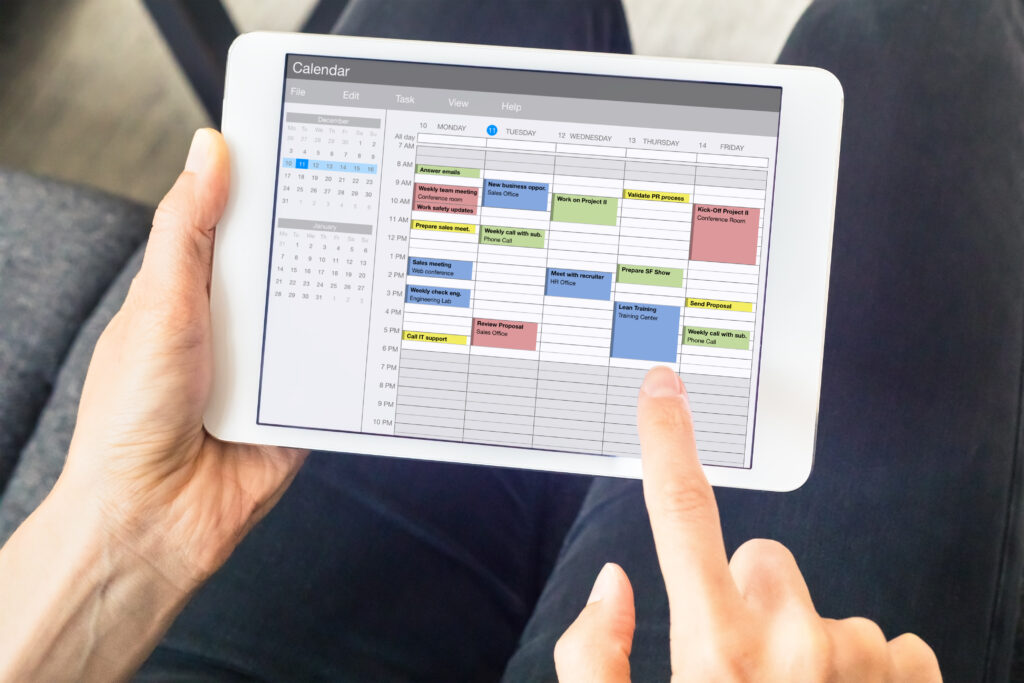
Sort your business finances for good — 5 top tips to get you started
|
|
An introduction to changing your money mindset and creating reliable processes for keeping track of your incomings and outgoings
Do you throw yourself at every opportunity hoping at least one will generate enough cash to pay your tax or credit card bill next month? Are you tempted to sign up to work with the coach who promises to wipe out all debts in 6 weeks if you just sign up for their course costing £20,000? It’s time to take back control! Here are five top tips to get you started.
#1: Re-focus on the reasons you started your business
When you run your own business, your income generally relies on how much you market that business. You’ll find marketing easier — and therefore more effective — if you regularly remind yourself why you started your business:
- What did you want to do and why?
- Who did you want to help and why does that matter to you?
Once you remember who you wanted to help and why, work out where you can find them and how you can tell them about your business.
#2: Dedicate time in your diary every week for marketing your business
Marketing isn’t something you pick up when you’re wondering how you’re going to pay your bills next month! When you leave marketing to the last minute, you’ll only be thinking about how quickly you can invoice. This can come across as desperate, which leaves your potential customer feeling uneasy about you and questioning whether you have their interests at heart.
So, put aside some time for business development every week. Your ideal customers may not be ready for you yet; you need to build relationships with them. If you give yourself time to do this, and focus on genuinely helping your potential clients, your energy will be lighter and you’ll be surprised at how easily your business conversations flow.

#3: Remember your previous customers — and encourage referrals
Assuming you sell more than one product, remember to tell previous customers about new products and services. You’ve helped them before and they know you well too so it makes perfect sense to continue to help them where you can.
The best businesses generally grow through customer referrals. This takes time. So, as well as setting aside time to build new customer relationships, remember to nurture your existing clients.
#4: Check your business finances regularly
As well as setting aside a regular time for marketing, dedicate 1-2 hrs per week (preferably on the same day each week, to help you build the habit) to checking your bank account or your cloud accounting software. Block out the time in your diary and minimize distractions as best you can.
📣 To help you see your accounts with clarity, you need a clear boundary between your business finances and your personal finances. If you’re a sole trader, this is essential. If you’re a limited company, it’s a legal requirement.
Top things to do:
- If you sell more than one type of product or service, allocate categories to your sales so you can track which is most popular.
- Assign categories to your various expenses to help you track where your money goes.
- Review who has paid their invoices and who needs to be chased for payment.
- Look at the bills that need to be paid.
- Organise all our purchase receipts into a folder (online or physical) so you can find them again easily if need be.
The only exception to this weekly routine is if your bookkeeping is either carried out by your own finance department or outsourced to a bookkeeper or accountant. In these cases, this process should be monthly — ideally on the same date each month.

#5: Be open to growth
Growth may not be in your business’s immediate future, but stay open to the idea of growth. If you don’t, your business may never really get off the ground. Of course, you may not want to work any more hours in your business due to other commitments. That’s OK but you do need to consider how your business can help as many people as possible. After all, isn’t that why you got into business in the first place?
Be helpful and think big — but, equally, know how much you can commit.
📣 To dig deeper into changing your money mindset and sorting your finances, take the online course Sort your finances for good, available free with membership of the Financial Resilience Hub.
Other courses available from the Hub include Pricing Effectively, Setting yourself up for financial success, and the Step by step guide to filing your Tax Return.
Browse the full list of courses here.
By Helen Monaghan
Author of Successful Business Minds, The Magical Mix of Money & Tax, and 12 Steps to Improve Your Cashflow.
ABOUT THE AUTHOR

Helen Monaghan is a Chartered Management Accountant, accredited NLP Practitioner & Finance Coach. Both a psychology graduate and an accountancy graduate, she has authored three business books, which beautifully bring together psychology, finance, and tax to empower the reader about money. Helen is the CEO of HM Finance Coaching & Advisory Ltd, a company that provides financial education and business mindset coaching to small businesses across the UK, in addition to accountancy services for limited companies in Scotland and across the UK. Helen is also the founder of The Financial Resilience Hub – find out how we can support you, and your business, to be financially resilient through our monthly membership.
© Helen Monaghan




Responses